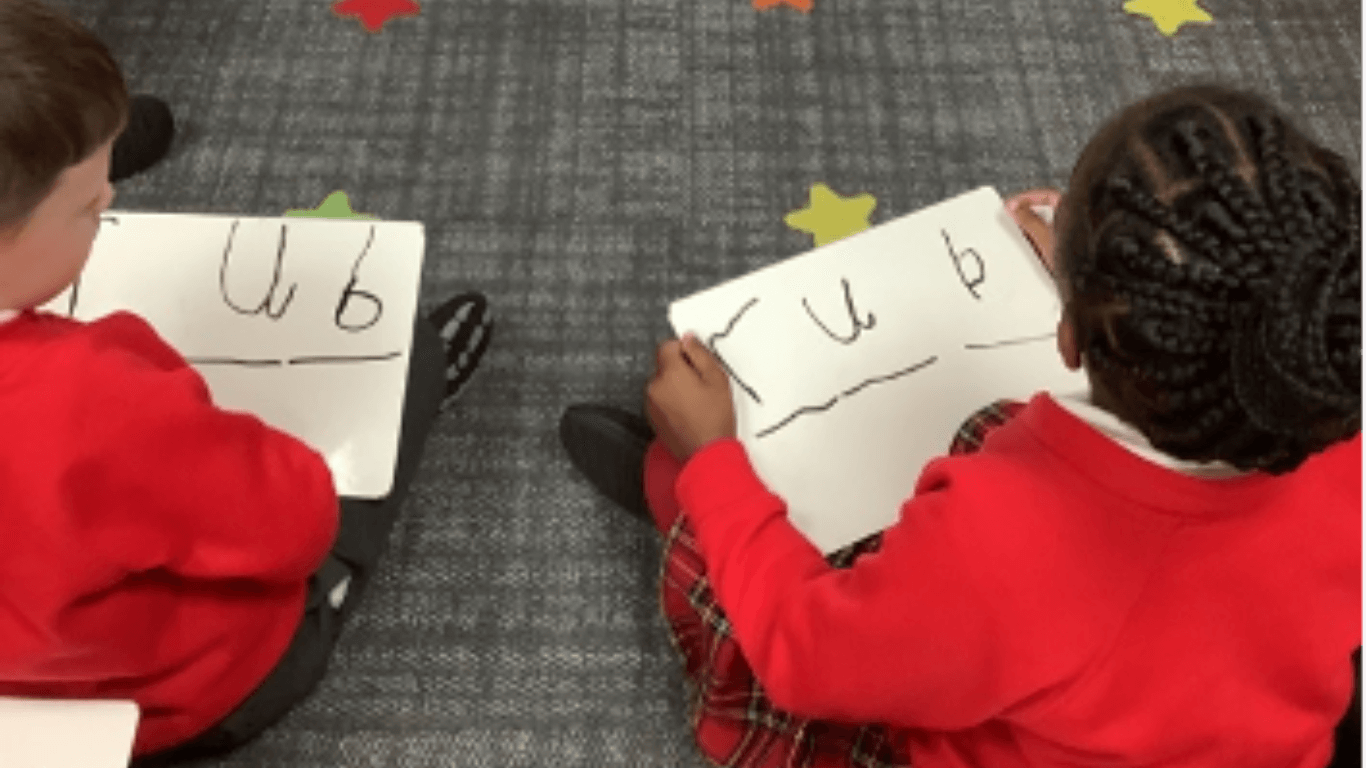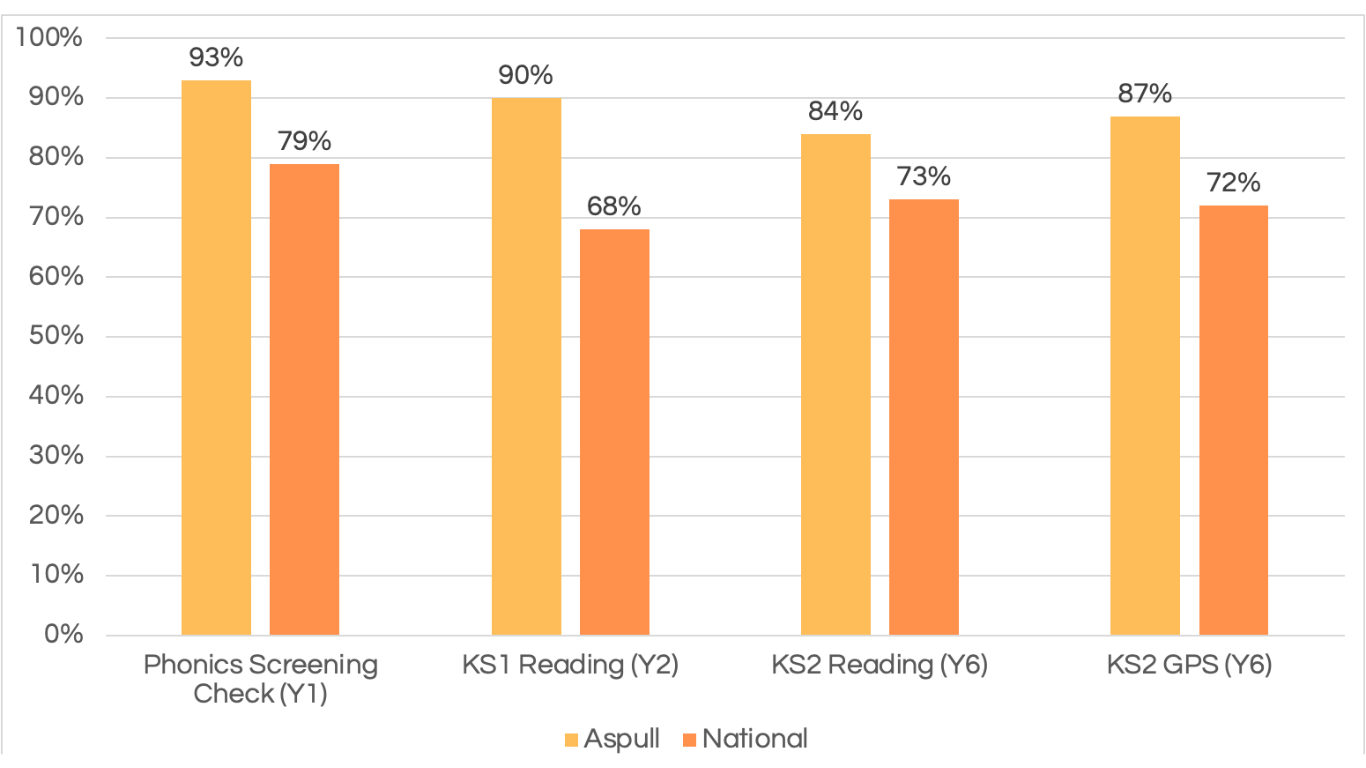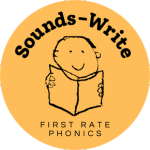
Vicci Redfern, Phonics Lead and Reception Teacher at Aspull Church Primary School in Wigan, shared their experience of implementing Sounds-Write across the school with great success.
Why did you choose Sounds-Write and how did you implement it?
Before 2020, Sounds-Write was working very successfully as an intervention across the school. Historically, our PSC data has tended to be high, but we found children were ‘taught to test’ and weren’t applying those skills to reading, writing and spelling further up in the school, so we decided to use Sounds-Write as a whole-school approach for the teaching of phonics and spelling.
We started training KS1 teachers and EYFS teachers in January 2021, alongside the headteacher, who then began some interventions with older students. At this point in time, all teaching staff from Reception to Year 6 and the majority of our support staff have completed training.
How did you find the training and support provided by Sounds-Write?
All staff returned from training with a sense of excitement to start teaching it and belief in the impact it has. Staff also access the podcasts and the Facebook page regularly to refresh their learning and to access any new resources or teaching ideas. I have participated in the ‘Masterclass for Phonics Leads’ and those resources are used regularly for staff CPD, monitoring and workshops for parents and carers, and we also receive support with professional development from our link teacher at Wigan Council.
Well-trained staff deliver the phonics curriculum effectively and as intended. As a result, most pupils, including those with SEND, become confident and fluent readers.
How do you and other teachers in the school feel about Sounds-Write?
I cannot rate Sounds-Write highly enough. The training involved numerous opportunities for deliberate practice and an informative discussion around assessment. This enables Key Stage 2 teachers to accurately gauge where to start pupils in the programme. Within two weeks of starting the programme in class, I felt confident delivering the highly structured sessions. For such little planning input, I saw transformational improvements in my students within the first term alone.
How have children reacted to Sounds-Write and what impact has it had on their progress?
Children really enjoy their Sounds-Write sessions: the routine, the script and the activities. In EYFS, the sounds are left on the board and the children re-enact the lessons with each other during provision.
Children in KS1 say they enjoy ‘simple activities’, ‘fun games’ and ‘it helps me with my reading and writing’. They enjoy ‘saying the sounds and reading the words’, putting their hands up to be involved and writing the words independently in lessons and dictation. In KS2, children like breaking polysyllabic words into syllables, and they enjoy learning about ‘schwas’ and speaking in their ‘posh spelling voice’. They like the routine of doing the lessons every day and feel it helps their spelling in writing pieces.
All children in Reception are able to blend (at their own level) by the last half term. This means they can access their own reading book by May half term, and this has had a significant impact on them being ready to access the curriculum in Year 1.
Teachers have noticed an impact in the number of children reading for pleasure in school, which has in turn improved pupils’ confidence and fluency. Teachers can now use reading sessions to concentrate on comprehension skills and have also noticed that children are able to apply their spelling strategies to their writing.

GPS – Grammar, Punctuation & Spelling
What has been the reaction from the children and parents to the adoption of Sounds-Write?
Sounds-Write is an investment in the future of our children to be confident and fluent readers and writers, giving them life-long skills. The whole-class approach promotes inclusion and the system throughout school ensures continuity and progression. In such a busy and technology-driven world, this programme shows a simplified approach to the basic skills of reading, writing and spelling that just makes sense. Reading is a gateway to learning about anything and everything. We have never looked back.
